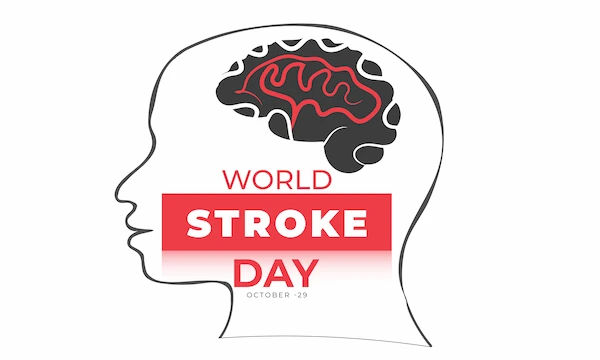- female
- 30 Years
- 22/01/2025
I've noticed that my heart rate changes with my posture. When I stand, it's around 105-116 bpm, sitting brings it down to 90-100 bpm, and when I'm lying down, it's 75-85 bpm. My blood pressure doesn't really fluctuate much though. So, I went ahead and got an ECG, and it showed sinus tachycardia but otherwise normal. The strange thing is I can feel palpitations in my neck and chest when I stand, but I have no other symptoms. I run on the treadmill at 5-8 kmhr without any problems and my pulse stays between 100-120 bpm, but right after stopping, my pulse jumps to 163 bpm before gradually coming down, and my blood pressure was 140 over 75 at that moment. Should I be worried about this?
Answered by 1 Apollo Doctors
Based on your symptoms and the ECG report showing sinus tachycardia, it seems like your heart rate is elevated in response to changes in posture and physical activity. Sinus tachycardia is often a normal response to certain triggers such as exercise or stress. However, it is important to monitor your symptoms and follow up with a healthcare provider for further evaluation and management. In the meantime, you can try to stay hydrated, avoid caffeine and other stimulants, and practice relaxation techniques to help manage your heart rate.
Dr. Mubarak Suggests...
Consult a Cardiologist
Answered 04/07/2025
0
0

More Cardiology Health Queries
View allI'm a bit confused about my recent test results. My echo test came back normal, but my ECG report is considered borderline. Could you help me understand what this means? Should I be concerned or take any specific actions?
A borderline ECG report means that there may be some minor abnormalities or variations in the electrical activity of your heart, but they are not significant enough to definitively diagnose a specific condition. In this case, it is important to follow up with your healthcare provider for further evaluation and monitoring. Depending on your specific symptoms and medical history, your doctor may recommend further tests or medications. In the meantime, it is important to maintain a healthy lifestyle, including regular exercise and a balanced diet.
Answered by 1 Apollo Doctors
I've noticed when I'm lying down that I can really feel my heartbeat in my left chest and sometimes even in other parts of my body. I've already had an ECG, echo, and TMT, and they all came back normal. My anxiety has been under control, but this is still happening. Could it be something else or is this just something normal?
can be due to benign causes such as heightened awareness of your heartbeat (palpitations) or muscle twitching. This can be exacerbated by anxiety. To help alleviate these symptoms, you can try taking a beta-blocker medication like Metoprolol (25-50mg) once daily to reduce the sensation of palpitations. Additionally, practicing relaxation techniques such as deep breathing exercises or yoga can also be beneficial in managing these symptoms.
Answered by 1 Apollo Doctors
I'm wondering if it's normal for my heart rate to go up after I drink alcohol. Is there a medical reason for this, or should I be concerned about it? Can you explain what's going on?
Yes, alcohol consumption can lead to an increase in heart rate. This is because alcohol is a vasodilator, which means it causes the blood vessels to relax and widen. As a result, the heart has to work harder to pump blood throughout the body, leading to an increase in heart rate. Additionally, alcohol can also stimulate the release of certain hormones, such as adrenaline, which can further elevate heart rate. It is important to note that excessive alcohol consumption can have negative effects on the heart and cardiovascular system. If you experience persistently high heart rate after alcohol consumption, it is advisable to limit your intake and consult with a healthcare professional for further evaluation.
Answered by 1 Apollo Doctors
Disclaimer: Answers on Apollo 247 are not intended to replace your doctor advice. Always seek help of a professional doctor in case of an medical emergency or ailment.


.webp)


